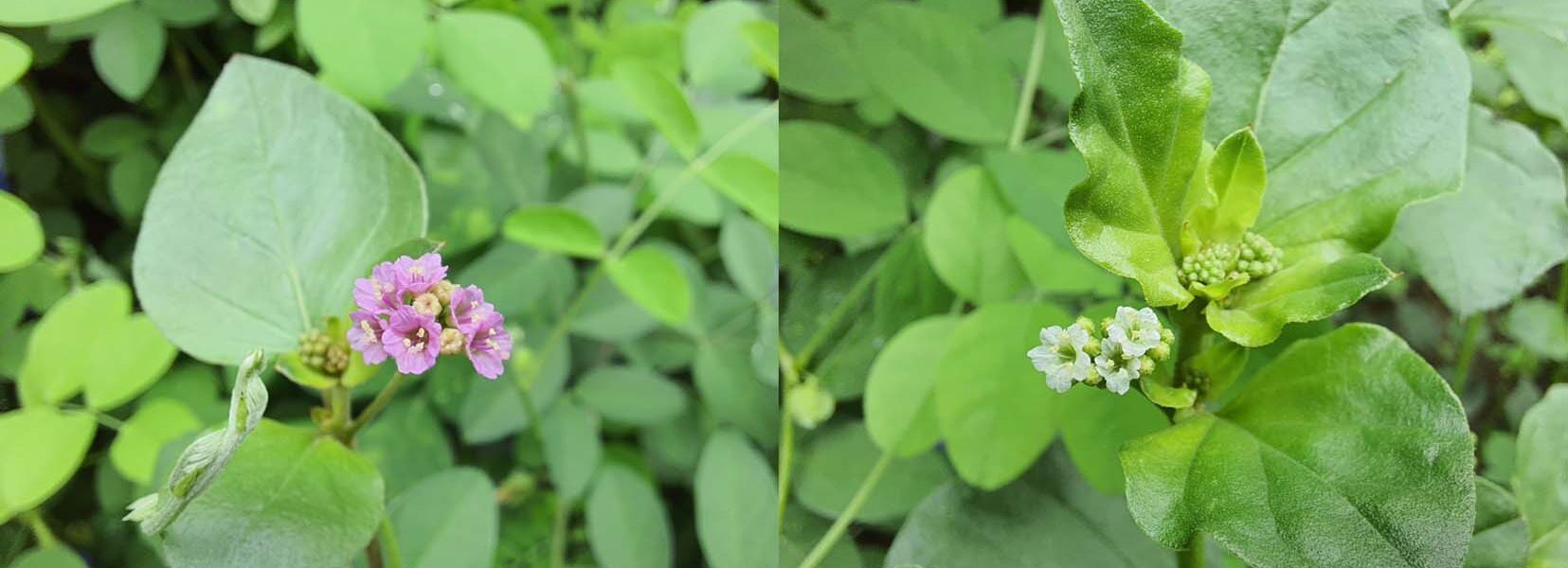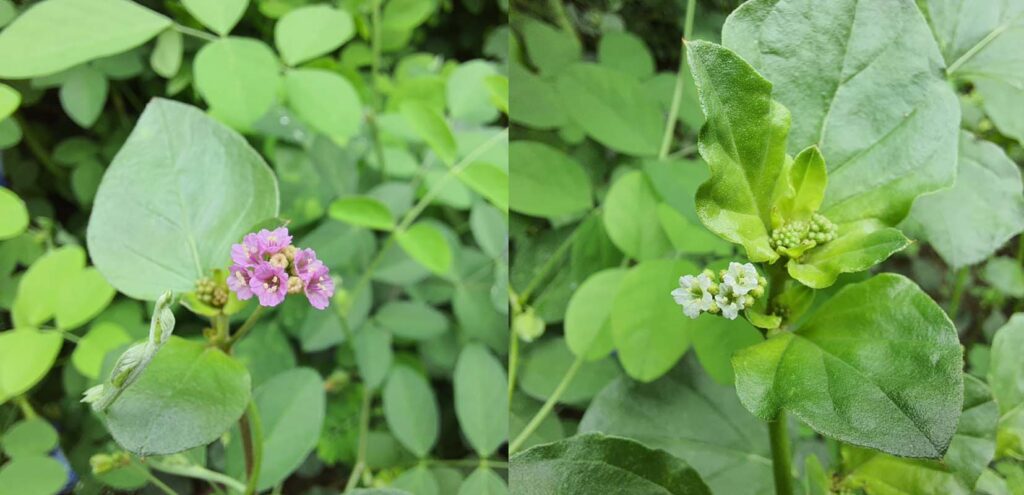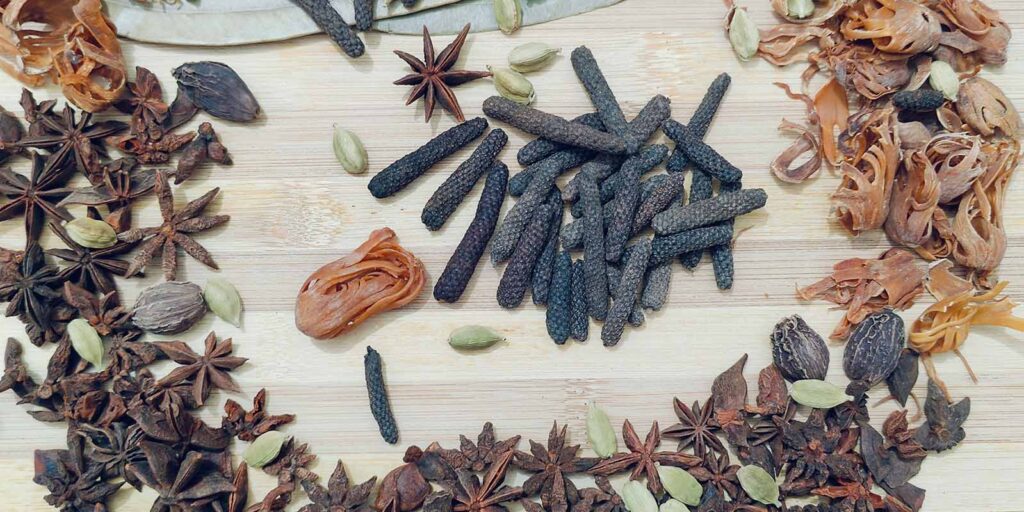Discover the holistic benefits of incorporating herbs for kidney health into your wellness routine—without side effects and with additional health advantages.
Renewed Vitality: Ayurveda’s Top 10 Herbs for Kidney Health
In the realm of holistic health, the significance of herbs in promoting well-being, particularly concerning kidney health, stands as a testament to the rich wisdom encapsulated in traditional systems of medicine. While modern allopathic medicine often relies on surgical interventions and dialysis for addressing kidney-related concerns, the role of herbs emerges as a compelling narrative in the pursuit of comprehensive well-being. In this exploration, we delve into the profound importance of herbs in supporting kidney health, showcasing their potential to complement and enhance our understanding beyond conventional medical approaches.
Here are some herbs traditionally used in Ayurveda for kidney support:
- Punarnava (Boerhavia diffusa): Punarnava is considered beneficial for kidney health and is believed to have diuretic properties. It is often used in Ayurvedic formulations for renal health.

Punarnava (Boerhavia diffusa) – Herbs for Kidney Health in Ayurveda - Varuna (Crataeva nurvala): Varuna is traditionally used in Ayurveda for its diuretic and litholytic (stone-dissolving) properties. It is believed to be beneficial for kidney stones.
- Pashanabheda (Bergenia ligulata): Pashanabheda is traditionally used in Ayurveda for its potential litholytic properties, and it is believed to help in dissolving kidney stones.
- Gokshura (Tribulus terrestris): Gokshura is commonly used in Ayurveda for its diuretic properties and is believed to support urinary tract and kidney function.

Gokshura (Tribulus terrestris) ka paudha - Manjistha (Rubia cordifolia): Manjistha is known for its blood-purifying properties and is believed to support the kidneys by aiding in detoxification.
- Amalaki (Emblica officinalis): Amalaki, also known as Indian gooseberry, is rich in vitamin C and antioxidants. It may be included in formulations to support overall kidney health.
- Musta (Cyperus rotundus): Musta is considered to have diuretic properties and is used in Ayurveda to support urinary function.
- Pippali (Piper longum): Pippali, or long pepper, is considered to have diuretic properties in Ayurveda and may be used to support urinary system function.

Pippali (Piper longum) – Herbs for Kidney Health in Ayurveda - Daruharidra (Berberis aristata): Daruharidra is believed to have anti-inflammatory and diuretic properties and may be used to support kidney health.
- Chandana (Santalum album): Chandana, or sandalwood, is believed to have cooling properties and may be used in Ayurveda to support kidney health.
Recognizing that the efficacy of these herbs for kidney health is deeply rooted in traditional use, with limited scientific research on their effectiveness, is crucial. If considering the use of these herbs, consulting with a healthcare professional is essential, especially for individuals with pre-existing kidney conditions or those taking medications. Maintaining a healthy lifestyle, staying hydrated, and adhering to a balanced diet are pivotal factors in supporting kidney health.
Before embarking on any herbal regimen, it is strongly advised to consult with a qualified healthcare professional or an Ayurvedic practitioner. Self-prescribing without proper guidance may lead to unintended consequences or interactions, particularly for individuals with pre-existing health conditions or those on medications. Prioritizing informed decision-making and seeking personalized guidance allows us to leverage the benefits of Ayurveda’s holistic approach to kidney health, ensuring well-being through a collaborative effort between traditional wisdom and contemporary healthcare practices.
As we conclude our exploration of Ayurveda’s insights into kidney health, it is imperative to highlight the importance of making responsible and informed choices when incorporating herbs into one’s wellness routine. While Ayurvedic principles provide valuable guidance, individual health needs may vary. This article serves as an educational resource and a platform for awareness, not an endorsement for self-medication.
Images – Ashwani Kumar (AyurvedaClassics.com)






